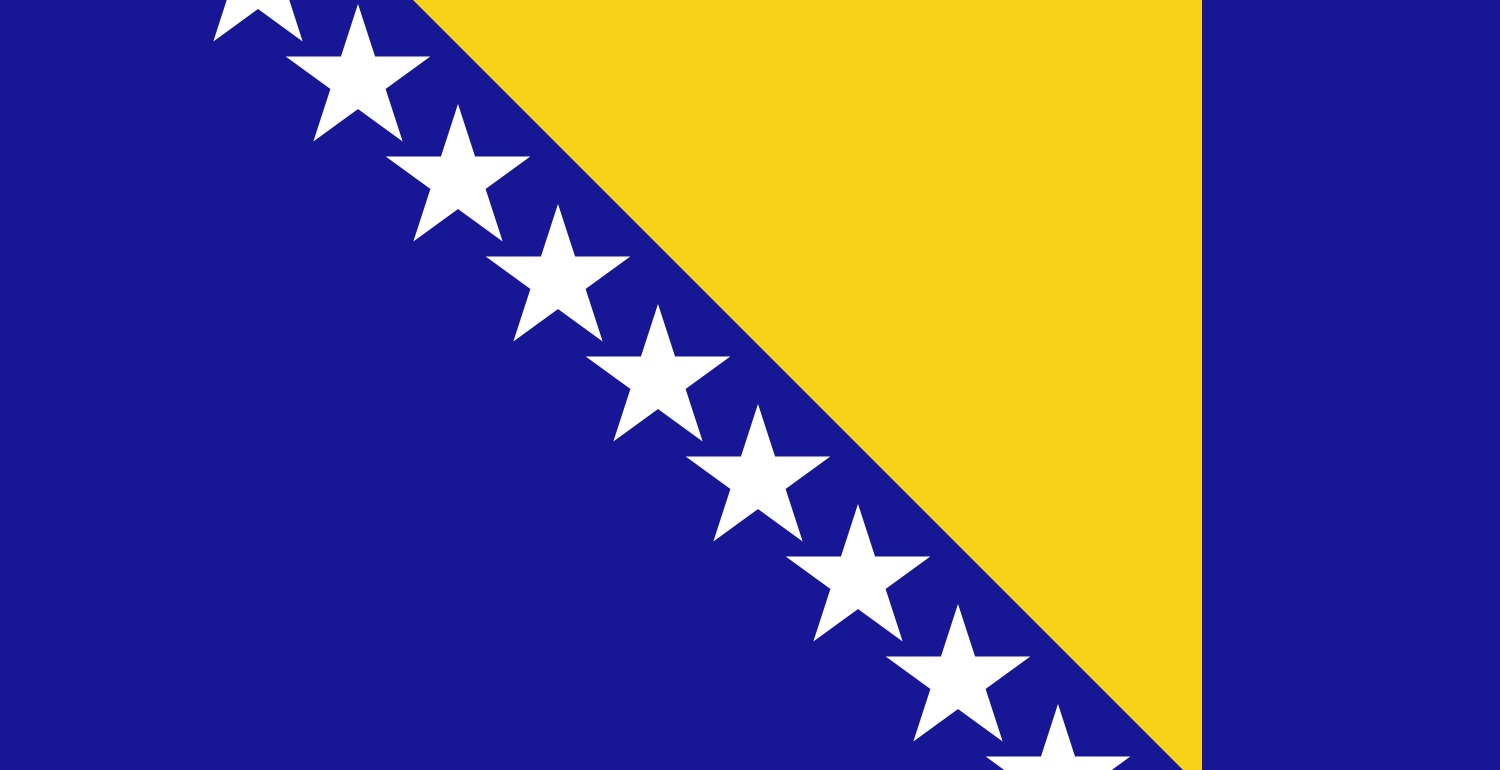Robert Hand led the discussion on the upcoming Bosnian elections, which were scheduled for mid-September later that year. He was joined by representatives of political parties from Bosnia-Herzegovina, a rather diverse group of individuals – some of them represented parties in powers and others that are not and from various ethnic constituencies.
The witnesses – Ljilana Bubic of the Republican Party of Bosnia-Herzegovina; Adnan Jahic, President of the Party for Democratic Action in Tuzla; Hasib Salkic, Secretary General of the Liberal Party of Bosnia-Herzegovina; Zdenko Kubicek of the Executive Board of the Croatian Party of Rights; Mirjana Malic of the Social Democratic Party of Bosnia-Herzegovina; and Zoran Tomic of the Croatian Democratic Union – introduced their parties’ histories, issues, and goals. They then focused more specifically on how they see the Bosnian elections unfolding and their thoughts about having them in the upcoming fall.





